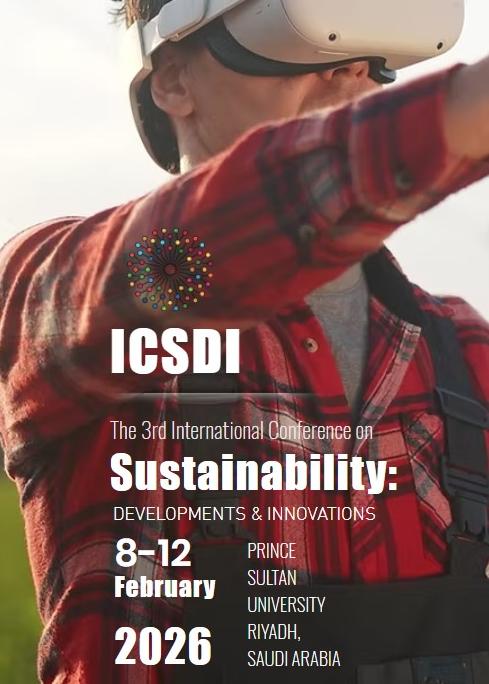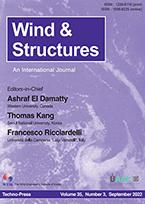Special journal issue on Reproducible Research Methodologies
SI REPRODUCE 2015
- URL: http://www.computer.org/portal/web/tetc
- Call For Paper Type: Regular
- H2 Index: 0
Computing Systems Engineering & Computer Science (General) Mathematical Analysis Mathematical Optimization
===============================================================
CALL FOR PAPERS
Special journal issue on Reproducible Research Methodologies
IEEE Transactions on Emerging Topics in Computing (TETC)
(open access only)
Will be published in a 2nd issue of 2015
http://www.computer.org/portal/web/tetc
===============================================================
IEEE Transactions on Emerging Topics in Computing (TETC) seeks
original manuscripts for a Special Issue on Reproducible
Research Methodologies scheduled to appear in the 2nd Issue of
2015.
Computer science and engineering research fields increasingly
rely on numerous ad hoc methods to explore research
breakthroughs, particularly during empirical and statistical
analysis, modeling, optimization and simulation of complex
computer systems. These ad hoc methods are utilized due to a
variety of factors including problem complexity and size, speed
of advancement and return on investment, cost of designing
prototypes, and minimal access to state-of-the-art fabrication.
However, lack of a common experimental methodology, and lack of
simple and unified mechanisms, tools and repositories to
preserve and exchange the whole experimental setup including all
past research artifacts makes it excessively challenging or even
impossible to accurately reproduce experimental results for
evaluation and future advancement.
The special issue on reproducible research methodologies is an
invitation to papers covering topics in hardware and software
analysis, modeling, optimization, run-time adaptation,
simulation and co-design. Papers are solicited to address
scientific (and possibly interdisciplinary) methods to design
research environments, experimental methodologies, and gold
standards for trustable and reproducible research methodologies
in computer science and engineering disciplines. Further,
papers on public frameworks and repositories to preserve and
exchange research artifacts and experimental setups are also
encouraged. Detailed topics of interest include but are not
limited to:
* Techniques for experimental reproducibility
* Fidelity validation of experiments and tools
* Reproducible benchmarking methodologies
* Scientific method for computing experiments
* Techniques to effectively leverage emulation
* Scalable HPC computing in experimentation
* Metrics quantifying performance vs. fidelity
* Reproducible and extensible methodologies
* Data-mining, crowdsourcing analysis methods
* Interdisciplinary experimental methods
* Tool, benchmark, experiment repositories
* Program and architecture auto-tuning
* Reproducible simulation environments
* Experimental documentation methods
* Techniques to preserve/share experiments
* Methods to effectively analyze experiments
* Extracting metadata from experiments
* Methods for protecting intellectual property
Submitted articles must not have been previously published or
currently submitted for journal publication elsewhere. Extended
versions from conference papers must have at least 30% new
content. As an author, you are responsible for understanding and
adhering to our submission guidelines. You can access them at
the IEEE Computer Society web site, www.computer.org. Please
thoroughly read these before submitting your manuscript. TETC is
the newest Transactions of the IEEE Computer Society with Open
Access only.
Please submit your paper to Manuscript Central at
https://mc.manuscriptcentral.com/tetc-cs
==== Important Dates: =========================================
Submission Deadline: September 1, 2014
Reviews Completed: November 1, 2014
Major Revisions Due (if Needed): December 15, 2014
Reviews of Revisions Completed (if Needed): January 3, 2015
Minor Revisions Due (if Needed): January 20, 2015
Notification of Final Acceptance: January 31, 2015
Publication Materials for Final Manuscripts: February 15, 2015
Publication date: 2nd Issue of 2015
==== Guest Editors: ===========================================
Alex Jones, akjones@pitt.edu
University of Pittsburgh, Pittsburgh, PA, USA
Grigori Fursin, grigori.fursin@inria.fr
INRIA, Saclay, France
===============================================================














